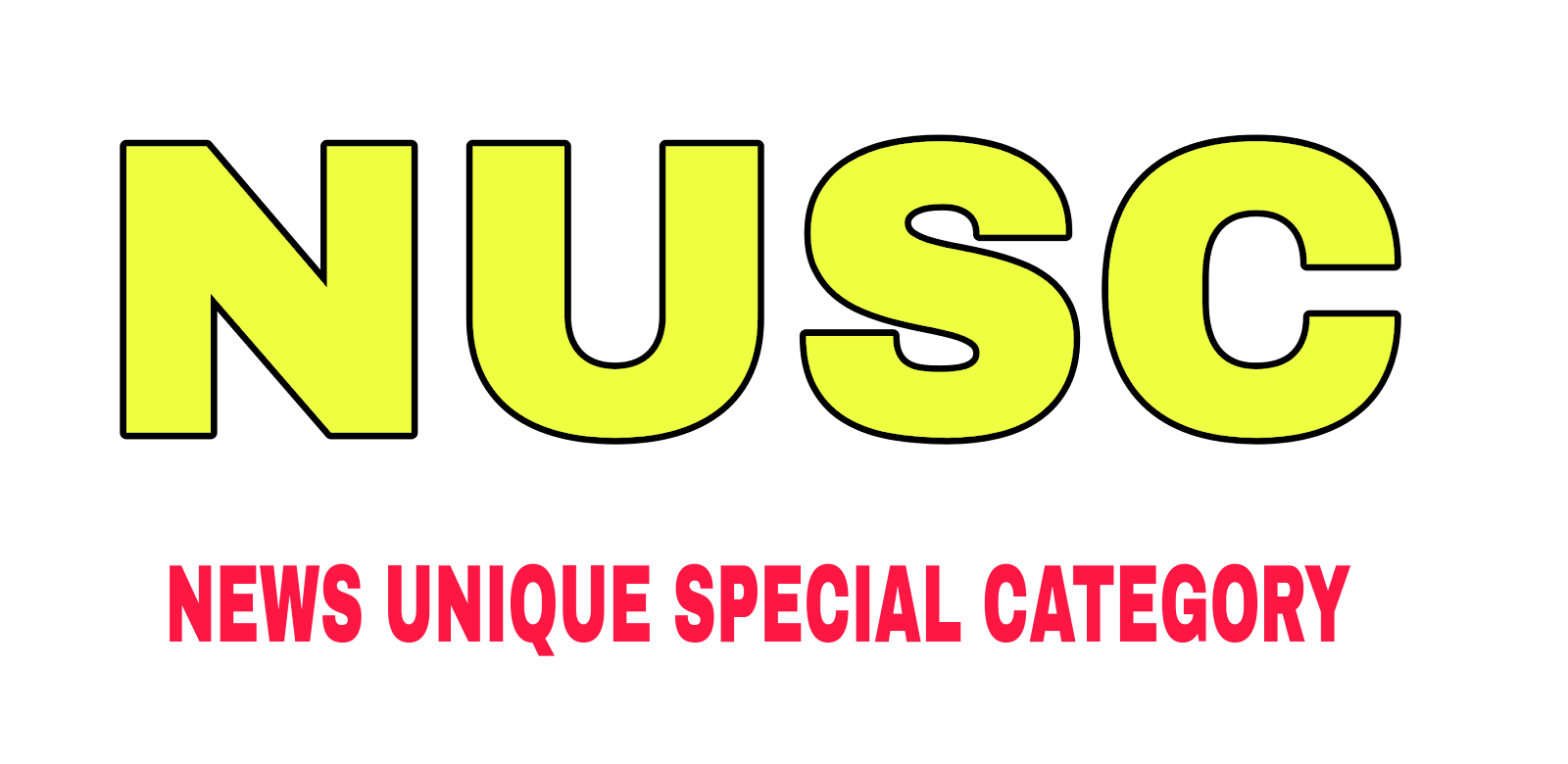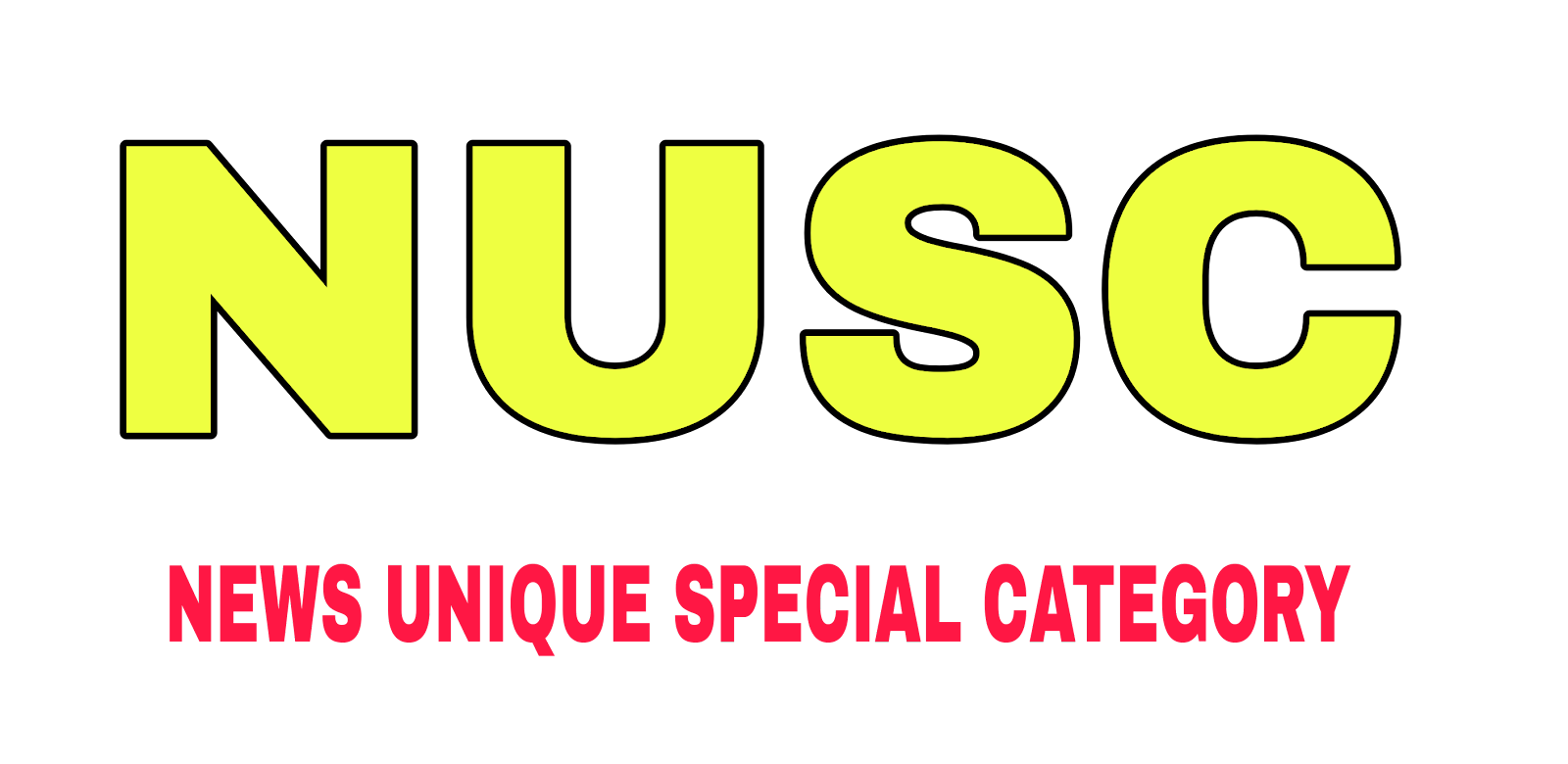Web 3 Risks Challenges
Web 3, also known as the decentralized web or the blockchain web, has the potential to revolutionize the way we interact and exchange value online. However, like any new technology, it also poses some risks and challenges.
One of the main concerns with the decentralized web is security. With decentralized systems, there is no central authority or intermediary to ensure the security of transactions or protect users' personal information. This means that users need to be more vigilant and take responsibility for their own security, as well as rely on the security of the decentralized systems themselves.
Another issue with the decentralized web is scalability. Decentralized systems, such as blockchain networks, can be slow and expensive to use, due to the need for consensus among multiple nodes. This can make them less practical for everyday use, especially for high-volume transactions.
Privacy is another concern. Decentralized systems are often more transparent than centralized systems, which can lead to privacy concerns for some users. Additionally, the use of smart contracts and other decentralized applications can also raise privacy concerns, as they may allow for the collection and sharing of personal data without the user's consent.
Finally, there are also concerns about regulatory compliance and legal issues. Decentralized systems can make it more difficult for governments and other organizations to regulate and control the flow of information and value, which can lead to legal challenges and disputes.
Overall, the decentralized web has the potential to bring many benefits, such as increased security, transparency, and autonomy. However, it also poses several risks that need to be addressed in order for the technology to reach its full potential. It is important for developers, users, and regulators to work together to address these challenges and create a safer and more secure decentralized web for all.
Another potential harm of the decentralized web is the potential for misinformation and disinformation to spread more easily. Without a central authority to fact-check and verify information, it may be more difficult to distinguish between legitimate and fake news. This could lead to the spread of false information and the manipulation of public opinion. Additionally, the use of decentralized social networks and messaging platforms can make it more difficult to trace the origin of misinformation, making it harder to hold those responsible accountable.
Another potential harm is the potential for money laundering and other illegal activities to occur on decentralized systems. The anonymity and lack of central oversight can make it easier for criminals to move money and other assets without detection. This could lead to an increase in illegal activities and make it more difficult for law enforcement to track and prosecute criminals.
Another potential harm is the potential for centralization of power on decentralized systems. While decentralized systems are designed to be more decentralized and autonomous, it's possible that a small group of individuals or entities could gain control of a significant portion of the network's resources, which could lead to centralization of power and control. This could lead to a lack of diversity in decision-making and the possibility of the network being controlled by a small group of powerful actors.
Finally, another potential harm is the potential for exclusion of certain groups of people from the decentralized web. The technical complexity and cost of participating in decentralized systems may make it more difficult for certain groups of people, such as those living in poverty or in underdeveloped countries, to access and use the decentralized web. This could lead to a digital divide and further exacerbate existing social and economic inequalities.
Overall, while the decentralized web has the potential to bring many benefits, it also poses several potential harms that need to be considered and addressed. It is important for developers, users, and regulators to work together to mitigate these harms and create a decentralized web that is accessible, safe, and inclusive for all.




0 Comments